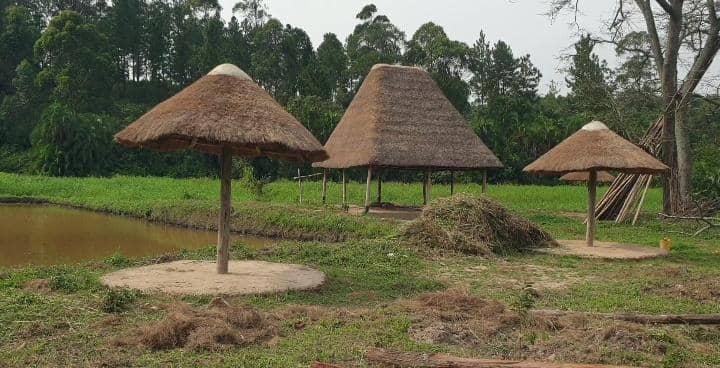
Story by Obed Kankiriho
Traders in Kabale District are urging President Yoweri Museveni to reconsider allocating an industrial park to the area, arguing it would significantly enhance local manufacturing, reduce reliance on imports, and spur socio-economic growth in the Kigezi Sub-region.
During a consultative tour organized by the Uganda National Traders Alliance (UNATA), members of the Kabale Municipality Traders’ Association (KMTA) emphasized the district’s economic potential and strategic importance.
Michael Turyamureba Byamungu Rwastabutare, the KMTA Chairman, highlighted that Kabale traders have been instrumental in driving regional development through retail and wholesale commerce, and are now ready to diversify into manufacturing.
“An industrial park in Kabale would not only boost local production but also create much-needed jobs, attract investment, and increase profitability for traders,” Byamungu stated.
He called on the President to provide startup capital to empower traders to invest in equipment, technology, and human resources.
The renewed appeal comes in light of earlier promises. In May 2021, President Museveni approved the creation of 25 industrial parks across Uganda’s sub-regions, including Kabale and Rukungiri for the Kigezi region.
However, momentum for Kabale’s inclusion stalled after the Cabinet prioritized Kisoro District instead.
In August 2021, a delegation led by Evelyn Anite, State Minister of Finance for Privatization, inspected a site in Kanyinaburiba village, Kyanamira Sub-county, which had been proposed by Kabale District leaders to host the industrial park.
The site, located at the Kanyinaburiba airstrip, fell short of requirements—it lacked a land title and comprised less than 50 acres, far below the 500 acres mandated for such developments.
Despite efforts by local leaders including Kabale LC5 Chairperson Nelson Nshangabasheija, Municipality Mayor Emmanuel Sentaro Byamugisha, and area MPs David Bahati and Wilfred Niwagaba to lobby for the project, Minister Anite and other officials expressed concerns over the land’s suitability.
Cabinet eventually shifted focus to Kisoro District, which had secured over 620 acres of titled land in Kibaya, Nyakabande Sub-county, near the DR Congo border. Major (Rtd) Fred Bwino Kyakulaga, the State Minister for Agriculture in charge of Crop Production, explained that Kisoro’s proximity to export markets in the DRC made it a more strategic location for the industrial park.
Still, Kabale leaders maintain that their district remains a viable industrial hub, particularly due to its vibrant trading community and pressing need for economic diversification.
They continue to call on the government to revisit the decision and consider a tailored industrial development solution, even on a smaller scale, that reflects Kabale’s land limitations but vast economic potential.



